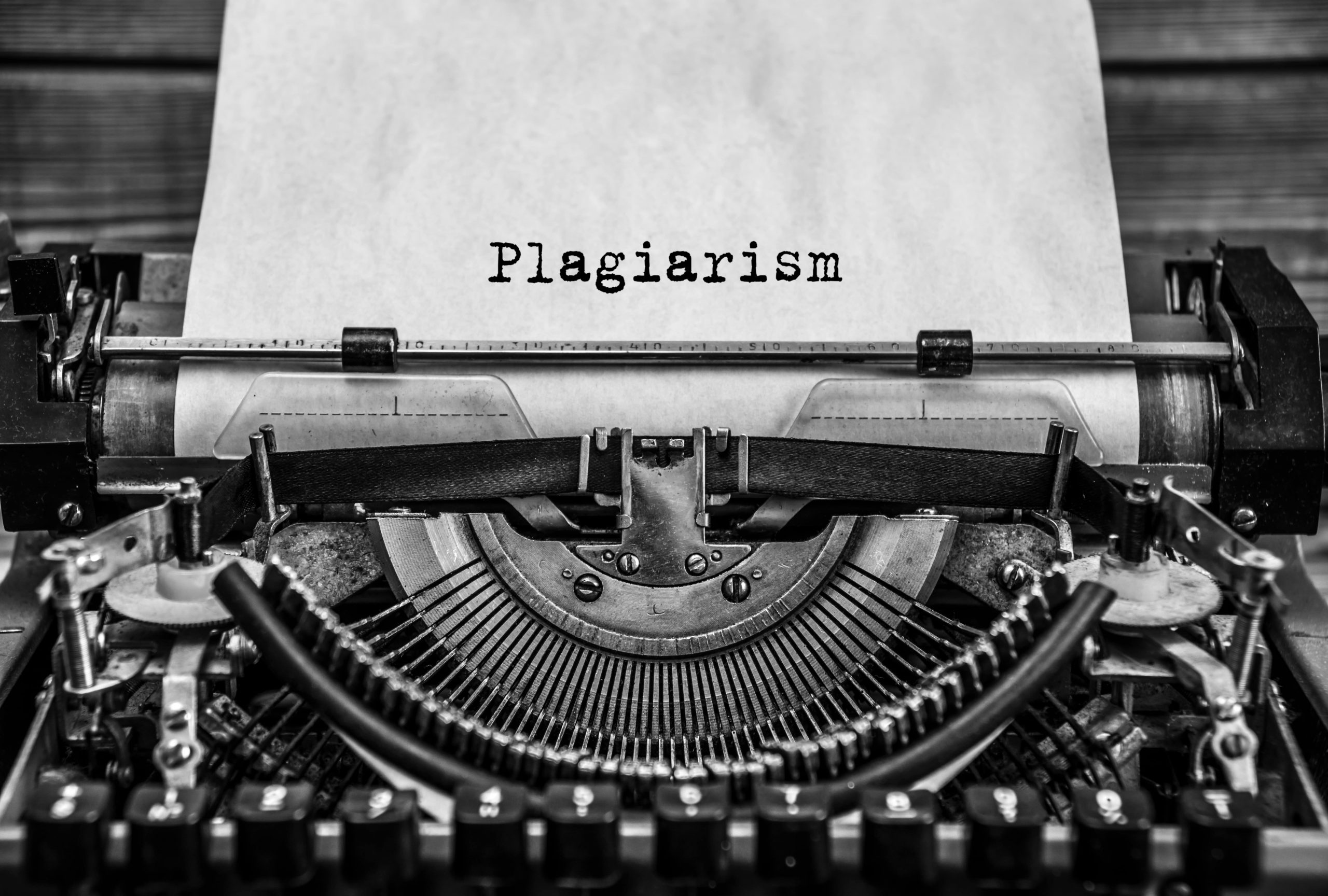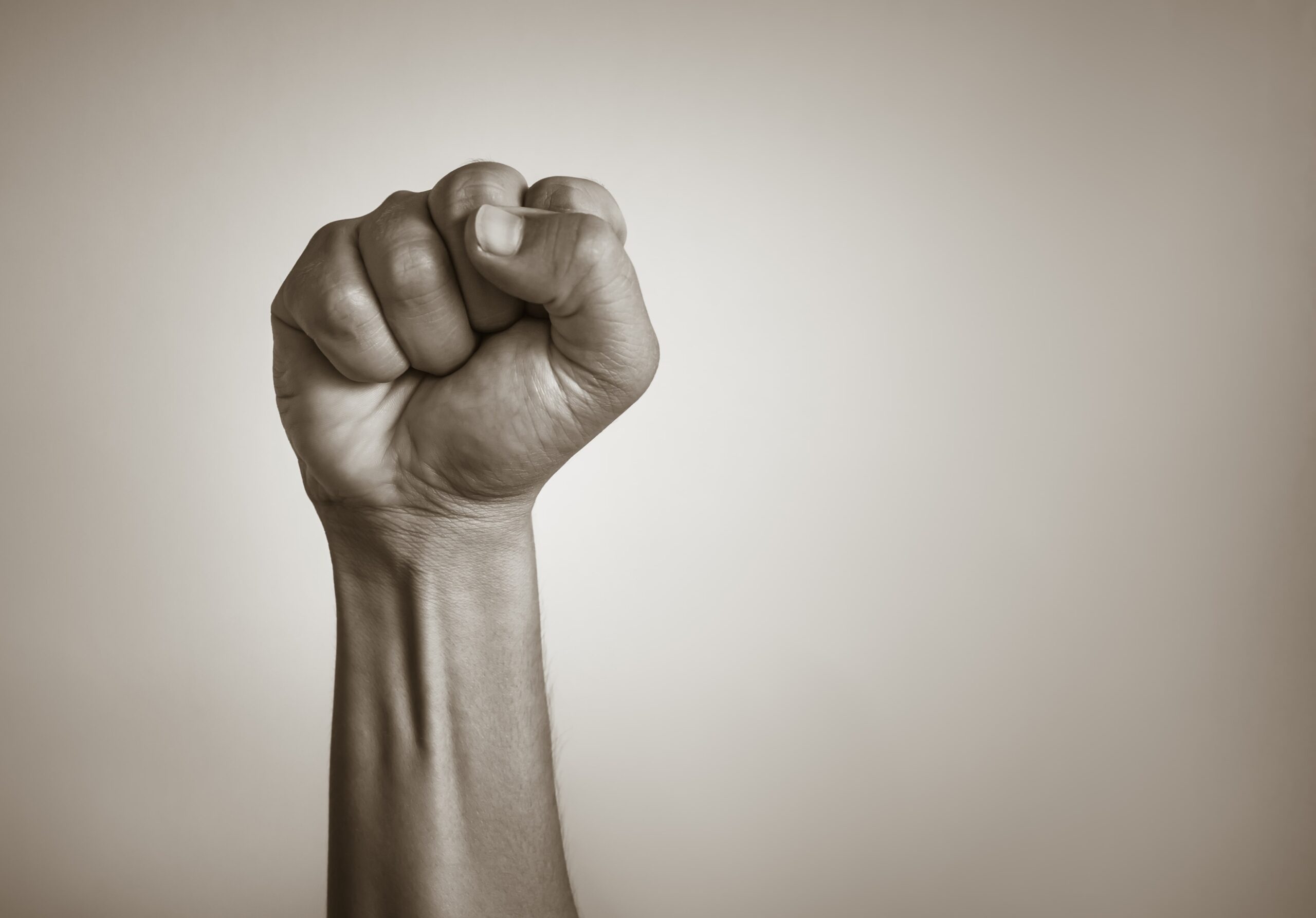Share This Article
Key Takeaways
Plagiarism can amount to criminal prosecution attracting up to 5 -years imprisonment and/or over a $600,000 fine in Australia, under the Copyright Act 1968 (Commonwealth). This is in addition to any civil actions that can also arise.
Practically all students would be familiar with the academic penalties associated with plagiarism, however, it is important to note that plagiarism can be a criminal offence, carrying potential jail sentences.
Copyright law in Australia protects rights associated with original texts, music, artistic works, films, recordings, and computer programs, among other materials.
It ensures that owners have the right to control how their created material is used, including by preventing others from copying or reproducing it without permission.
In Australia any work created by a ‘qualified person’ is automatically protected by the Copyright Act 1968 (Cth). This is a federal protection covering all States and Territories in Australia.
What is a “qualified person”? A qualified person includes any Australian citizen, resident, or an Australian protected person according to section 32(4) Copyright Act.
The Copyright Act provides civil and criminal sanctions, to protect copyright.
Importantly, whilst authors may have the right to sue for infringement of their rights, criminal penalties can also apply for stealing someone’s work. Here is more on stealing offences in NSW.
Criminal prosecutions for breach of copyright are reserved for major offenders, including for where it becomes on a ‘commercial’ scale or for profit.
Pursuant to section 132AC(1), it is an offence for a person to, on a commercial-scale, infringe the copyright of a work in a way that has a substantial prejudicial impact on the owner.
This is punishable by a maximum penalty of a fine of $122,100 and/or 5 years imprisonment.
In the case of a corporation, a maximum fine of $610,500 is applicable.
If it does not occur on a commercial-scale, the maximum penalty lowers to a fine of $26,640 and/or 2 years imprisonment, as per section 132AC(3).
The maximum penalties applicable to corporations who infringe these sections is a fine five times the amount, applicable to a person who commits the same offence
In determining whether the infringement occurred on a commercial scale, the court has regard to the volume or value of the articles that are deemed constitute in infringement.
Other copyright offences include:
- make ‘an article’ that infringes copyright for sale or hire or to obtain a commercial advantage or profit (section 132AE),
- import ‘an article’ that infringes copyright for trade purposes, or to obtain a commercial advantage or profit (section 132AH),
- distribute ‘an article’ that infringes copyright for trade purposes, or to obtain a commercial advantage or profit, or for any other purpose that prejudicially affects the copyright owner (section 132AI).
Where a person is charged with a copyright offence, whether or not they are convicted, the court may order the destruction or delivery up of articles that are circumvention devices, infringing copies, or devices to be used to make infringing copies (section 133).
The Australian Federal Police as well as state and territory police, are able to commence prosecutions for breaches of the Act.
Notably, some corporations employ private investigators, such as Music Industry Piracy Investigations (MIPI), which may be involved in investigations.
Ultimately, the Commonwealth Director of Public Prosecutions has the power to take over the prosecution of federal offences.
In the 14-year period from 1989-90 to 2002-03 the CDPP prosecuted 143 copyright cases and 138 trademarks cases.
However, only one indictable charge relating to breach of copyright was prosecuted in 2020-21.
Example of Copyright Prosecution Case in Sydney
A notable case was that of Tran and Ng who were students at the University of Technology in Sydney. The pair developed a website, enabling users to download free music using MP3 technology. A third student, Le, assisted in making copyrighted music available on the website, which grew to receive over seven million hits.
Private investigator MIPI uncovered the website, conducting an investigation, before handing the brief over to the Australian Federal Police. Due to occurring in 2003, they were charged under the now outdated offence of knowingly distributing copyrighted work, to an extent that affects prejudicially the owner of copyright, for a purpose other than trade.
The Director of Public Prosecutions prosecuted the matter in Central Local Court in Sydney. Tran and Ng received prison sentences of 18 months, suspended for three years, which was said to reflect their longer-term involvement. Le was convicted and sentenced to perform 200 hours community service order.









